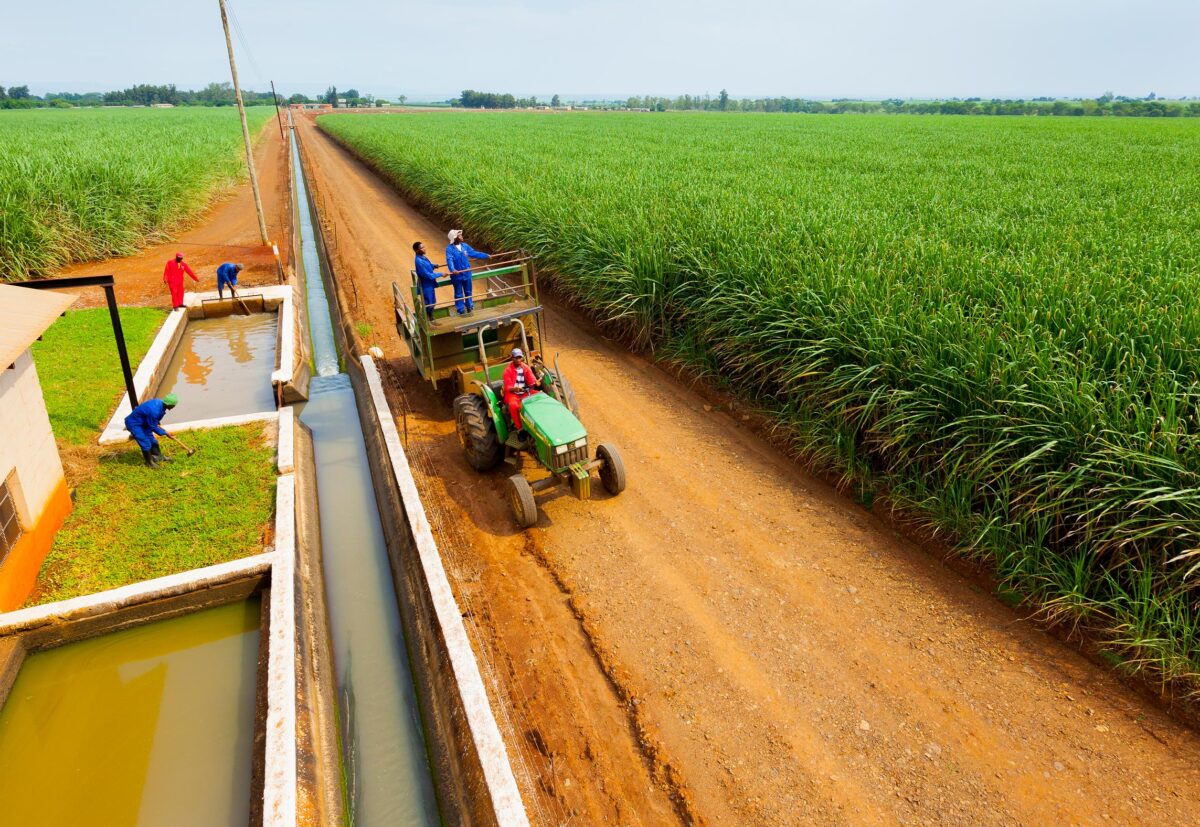- Location and relocation are key decisions that businesses have to make in order to achieve success.
- When choosing a location for a business, there are many factors that need to be taken into consideration.
- Similarly, when deciding to relocate a business, there are also many factors that need to be considered.
Factors Affecting Location
The factors that affect location can be divided into two broad categories: quantitative factors and qualitative factors.
Quantitative factors include:
- Market: The size and nature of the market, including accessibility to suppliers and customers.
- Transportation and logistics costs: The cost of transporting raw materials, finished products, and other goods can have a significant impact on a business’s profitability. For example, a manufacturing company may choose to locate near a major port to minimize transportation costs.
- Labour costs: The cost of labour can vary significantly by location. For example, a company may choose to locate in a region with lower wages to reduce labour costs.
- Availability of raw materials: Some businesses may require specific raw materials that are only available in certain locations. For example, a company that produces maple syrup may need to locate near maple trees.
- Energy costs: The cost of energy, including electricity, natural gas, and other fuels, can vary by location. For example, a data centre may choose to locate in an area with lower electricity rates.
- Taxes and regulations: Taxes and regulations can vary by location and can have a significant impact on a business’s bottom line. For example, a company may choose to locate in a state with lower taxes or less restrictive regulations.
Qualitative factors include:
- Availability of skilled labour: Businesses may choose to locate in areas where there is an abundance of skilled labour to meet their needs. For example, a technology company may choose to locate near a university with a strong computer science program.
- Proximity to suppliers: Being located near suppliers can reduce transportation costs and lead times. For example, an automobile manufacturer may choose to locate near a steel supplier to reduce shipping costs.
- Proximity to customers: Being located near customers can improve customer service and reduce transportation costs. For example, a retail store may choose to locate in a shopping mall to be close to its target market.
- Quality of life: A location’s quality of life can be an important factor in attracting and retaining employees. For example, a company may choose to locate in a city with a high quality of life to attract top talent.
- Government incentives: Governments may offer incentives such as tax breaks or subsidies to attract businesses to their area. For example, a state may offer tax incentives to companies that create jobs in their area.
- Cultural factors: Cultural factors such as language, religion, and social norms can influence the choice of location. For example, a company that produces halal food may choose to locate in an area with a large Muslim population.
- Legal and regulatory environment: The legal and regulatory environment can affect a business’s ability to operate in a particular location. For example, a business that produces alcohol may face restrictions in certain states or countries.
- Geographical factors: These are factors related to the natural environment in which the business operates. Examples include climate, terrain, proximity to natural resources, and access to transportation networks. For example, a company that manufactures ski equipment may prefer to locate near a mountain range with snowy winters to be closer to its target market and have access to skiing facilities for testing its products.
- Legal factors: These are factors related to laws and regulations that may affect the business’s operations. Examples include labour laws, environmental regulations, and tax laws. For example, a company that wants to produce goods in a country with low corporate taxes may choose to locate its operations there.
- Political factors: These are factors related to the political environment of the country or region in which the business operates. Examples include stability of government, political ideology, and trade policies. For example, a company that wants to enter a market with strict trade regulations may need to consider the political climate of the country and its relations with the company’s home country.
Factors Affecting Relocation
There are many reasons why a business might want to relocate, including:
- Cost savings: A business might relocate in order to take advantage of lower taxes, cheaper labour, or lower real estate costs.
- Expansion: A business might need to relocate in order to expand its operations, such as by acquiring more space or increasing production capacity.
- Access to markets: A business might need to relocate in order to be closer to its customers or suppliers, or to take advantage of a more favourable market.
- Government incentives: Governments might offer incentives for businesses to relocate to certain areas, such as tax breaks or subsidies.
Limits of Location and Relocation
There are several limits to location and relocation that businesses need to be aware of, including:
- Disruption: Moving a business can be disruptive to its operations, employees, and customers.
- Costs: The costs of relocating a business can be significant, including costs associated with moving equipment and inventory, recruiting new employees, and establishing a new customer base.
- Environmental factors: Certain environmental factors, such as zoning regulations or natural disasters, can limit the ability of a business to relocate to a particular area.




